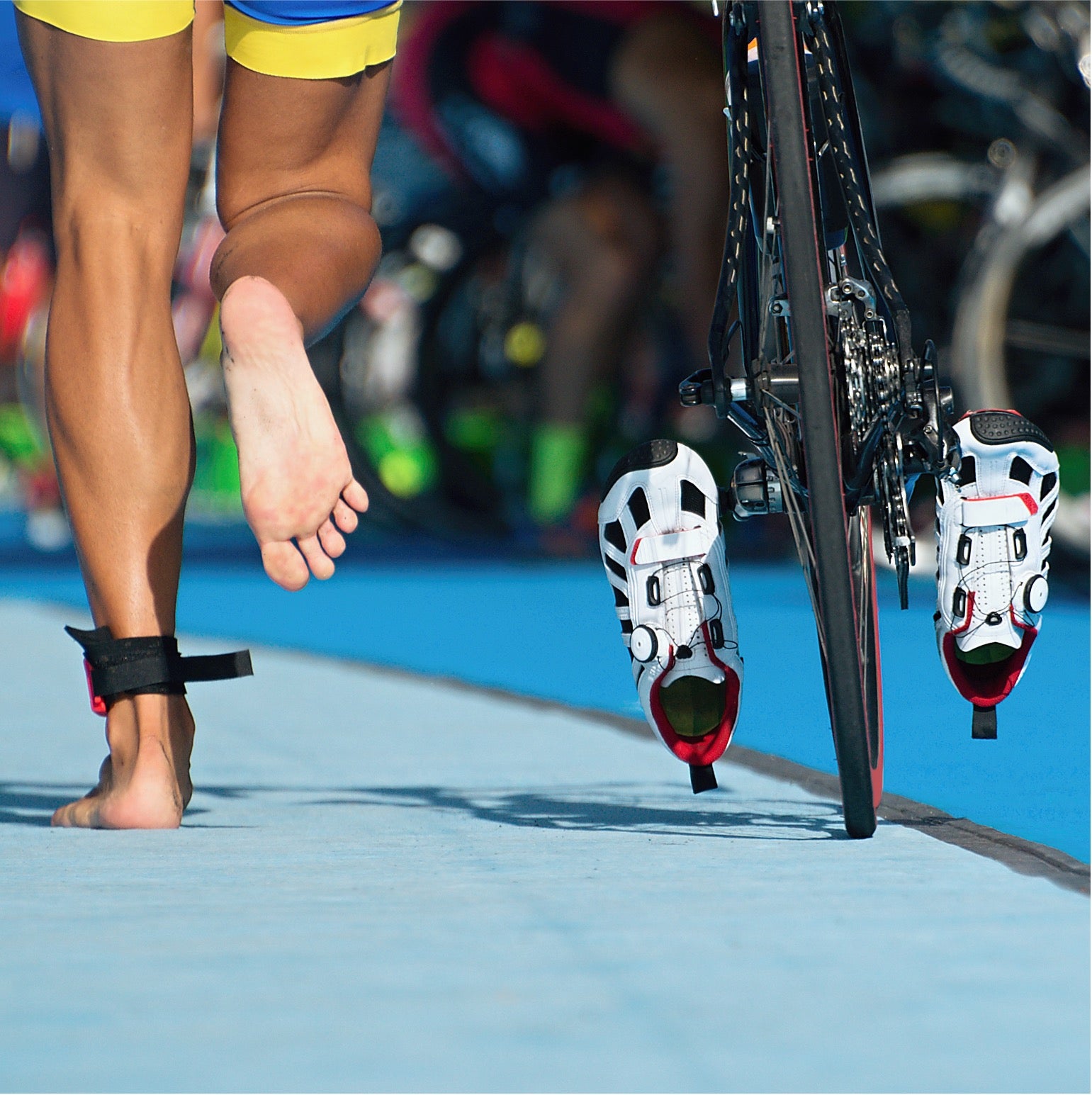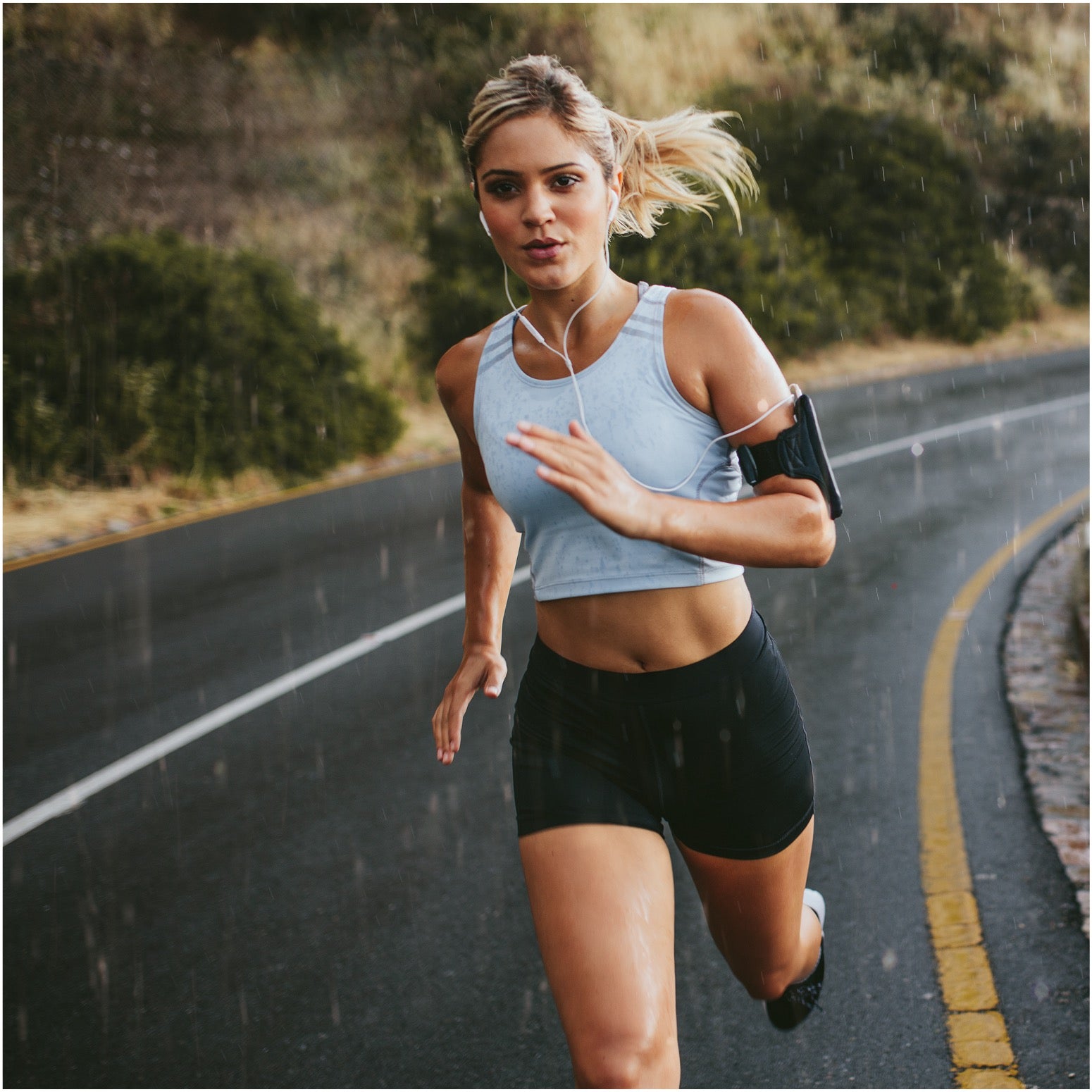Sports nutrition in cycling
Due to its endurance nature and intensity, cycling places special demands on sports nutrition. Some important nutritional aspects for cyclists are listed below:
1. Carbohydrate requirements
Carbohydrates are crucial for performance in cycling:
- Cyclists need a high carbohydrate intake to maintain glycogen stores and fuel training.
- The guidelines recommend 5-12 g of carbohydrates per kg of body weight per day, depending on the volume and intensity of training.
- For longer rides (over 2-3 hours), cyclists should consume 60-90 g of carbohydrates per hour.
2. Fluid requirements
The right fluid intake is crucial for cyclists:
- Aim to consume 500-750ml of fluid per hour during the ride.
- Sports drinks with electrolytes are preferable to plain water, especially on longer rides.
- A sodium intake of 200-500 mg per hour helps to maintain fluid balance.
3. Protein for recovery
Although protein is not a primary fuel during the ride, it is important for recovery:
- Cyclists need about 1.2-1.6 g of protein per kg of body weight per day.
- Consuming 10-20g of protein within 30 minutes of cycling will aid muscle repair
- It is beneficial to spread your protein intake evenly throughout the day.
4. Timing of nutrient intake
Strategic timing of nutrition is crucial for cyclists:
- Eat a carbohydrate-rich meal 2-3 hours before your ride.
- For rides over 90 minutes, consume carbohydrates and electrolytes
- Refuel with carbohydrates and protein within 30-60 minutes after the ride.
5. Micronutrient considerations
Cyclists may have an increased need for certain micronutrients:
- Iron: Especially important for female cyclists to support oxygen transport
- Calcium and vitamin D: Support bone health, which can be affected by the non-weight bearing nature of cycling
- B vitamins: Help with energy metabolism
By addressing these nutritional needs, cyclists can optimise their performance, improve recovery between training sessions and races, and support their overall health and endurance capacity.
Quotes:
[1] Trainingpeaks: Nutrition for Endurance Athletes https://www.trainingpeaks.com/blog/nutrition-for-endurance-athletes-101/
[2] Olivia Morgan: Sports and Nutrition: What Athletes Neet to knwo, Mass General Brigham: https://www.massgeneralbrigham.org/en/about/newsroom/articles/sports-and-nutrition
[3] Adam Amawi et al: Athletes' nutritional demands: a narrative review of nutritional requirements https://www.ncbi.nlm.nih.gov/pmc/articles/PMC10848936/
[4] Better Health: Sporting performance and food https://www.betterhealth.vic.gov.au/health/healthyliving/sporting-performance-and-food
[5] Renee McGregor: Everything you need to know about nutrition for runners, Runnersworld UK https://www.runnersworld.com/uk/nutrition/diet/a39672411/runners-diet/















Leave a comment
All comments are moderated before being published.
This site is protected by hCaptcha and the hCaptcha Privacy Policy and Terms of Service apply.